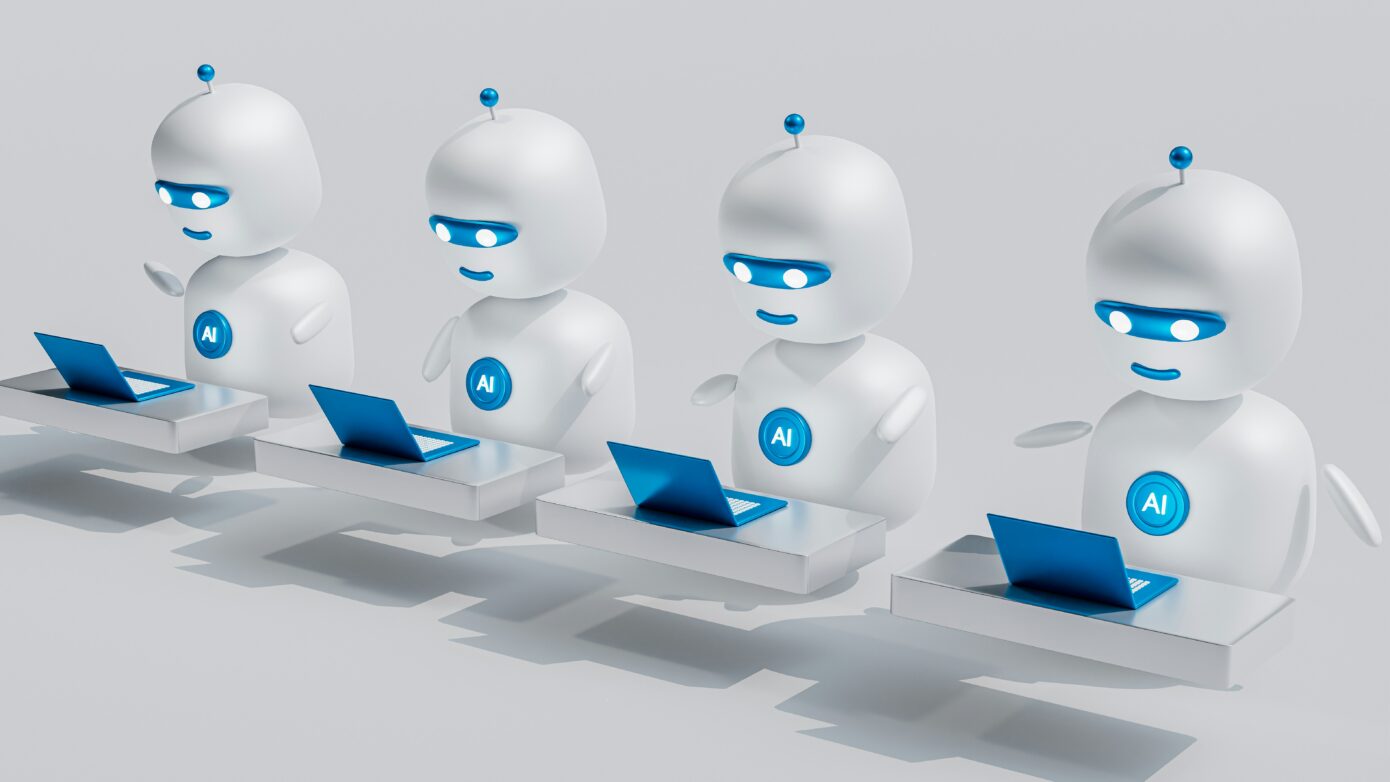A federal lawsuit seeking class-action status accuses Otter.ai of “deceptively and surreptitiously” recording private conversations that the tech company uses to train its popular transcription service without permission from the people using it. The lawsuit, filed in California, alleges that Otter’s AI-powered meeting assistant has been secretly recording millions of private workplace conversations to improve its machine learning systems.
For those of us in the professional transcription business, this news is both vindication and a stark reminder of what’s at stake when privacy takes a backseat to technological convenience.
The hidden costs of “free” AI transcription
The Otter.ai controversy highlights a fundamental truth we’ve been telling clients for years: if you’re not paying for the product, you often ARE the product. Some 25 million people now use its AI transcription tools, which have recorded and processed more than 1 billion meetings since the company was founded in 2016, creating a massive database of private conversations that the company uses to train and improve its AI systems.
While Otter claims to obtain “explicit permission” through user agreements, the lawsuit maintains many are still being duped into unknowingly sharing confidential business discussions, legal consultations, medical appointments, and other sensitive conversations.

“The trend towards human-powered transcription is not just driven by the need for accuracy, but also by the desire for privacy and security.”
Real-world consequences
The lawsuit isn’t just about theoretical privacy violations. Last year, an AI researcher and engineer said Otter had recorded a Zoom meeting with investors, then shared with him a transcription of the chat including “intimate, confidential details” about a business discussed after he had left the meeting. Those portions of the conversation ended up killing a deal, according to reporting by The Washington Post.
This is exactly the kind of nightmare scenario that keeps business leaders, attorneys, healthcare providers, and other professionals awake at night. When AI transcription tools automatically join meetings and record conversations, the potential for catastrophic privacy breaches becomes very real.

The de-identification myth
Otter claims it “de-identifies” audio before using it for AI training, but the suit filed this month raises concerns about Otter’s ability to do this effectively, saying the company provides no public explanation of its “de-identifying” process. The lawsuit argues that Otter’s deidentification process does not remove confidential information or guarantee speaker anonymity.
This highlights a critical flaw in the AI transcription model: true anonymization of speech data is incredibly difficult, if not impossible. Voices are as unique as fingerprints, and sophisticated AI systems can potentially re-identify individuals even from supposedly “anonymized” data.
What this means for your business
If you’re currently using AI transcription services, it’s time to ask some hard questions:
- Do you know exactly what data is being collected during your meetings?
- Are all participants truly consenting to have their conversations recorded and used for AI training?
- What happens if sensitive information from your meetings ends up being used to train competitors’ AI systems?
- Can you afford the reputational and legal risks if a data breach exposes confidential discussions?
For industries bound by strict privacy regulations—healthcare (HIPAA), legal (attorney-client privilege), finance (SOX compliance)—the stakes are even higher. A single privacy breach could result in massive fines, lawsuits, and irreparable damage to client trust.
HUMAN-POWERED TRANSCRIPTION
Want instant access to transcript ordering, price lists, and more? Sign up for your free client portal now.
The path forward
The Otter.ai lawsuit represents a turning point in the transcription industry. As businesses become more aware of the hidden privacy costs of “free” AI tools, we expect to see increased demand for transparent, human-powered transcription services that prioritize client confidentiality above all else.
At Atomic Scribe, we’ve never wavered in our commitment to privacy-first transcription. While AI companies harvest your conversations to fuel their algorithms, we prioritize services that puts your privacy, confidentiality, and transcript accuracy at the forefront.
Sign Up for Our Newsletter
The latest and greatest in transcription and translation news.



Leave a Reply